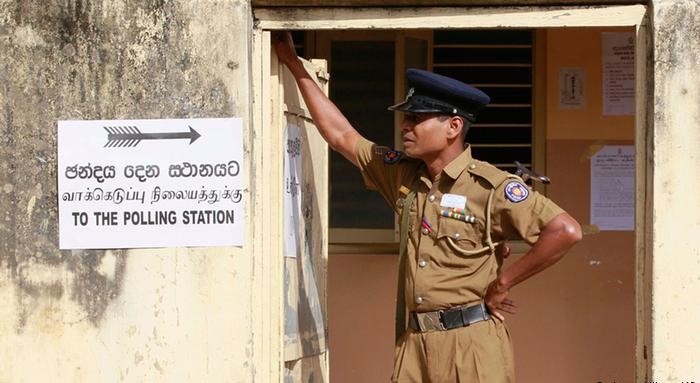COLOMBO — The Lawyers’ Collective of Sri Lanka has called on voters to exercise their vote to strengthen democratic governance, the rule of law, and the independence of the judiciary.
The collective in a statement issued on Tuesday (17) said all voters have a right to cast their vote for the particular candidate of their choice as president.
Voters may mark ‘X’ or ‘1’ against the name of their choice. If a voter marks ‘X’, no second or third preferences can be marked, the statement said.
All voters also have a right to cast their second and third preferences for two other candidates of their choice. If voters choose to mark second and/or third preferences. Second and/or third preference may be marked by ‘2’ or ‘3’ against the names of those other candidates.
On counting votes, the Lawyers’ Collective said a president may be elected on the first count, if one candidate receives 50% plus one vote of the valid votes cast, that candidate will win the presidential election.
Or a president may be elected on the second count, if no candidate reaches 50% plus one vote of the valid votes cast, thereafter:
– Except for the first two candidates, all others are eliminated;
– Of all the eliminated votes, the ballot papers containing second, or second and third preferences are scrutinized;
– If the second preference is for one of the two top candidates, it is counted as a vote for that candidate. If the second preference is for an eliminated candidate but the third preference is for one of the two top candidates, it is counted as a vote for that top candidate.
– The ultimate winner will be the person who obtains the highest number of votes in the final count.
“The Lawyers’ Collective notes that at an election, which for the first time has witnessed the emergence of more than two candidates as front-runners, voters may consider not only marking ‘1’ on their ballot paper against the candidate of their choice but also marking ‘2’ and ‘3’ for two other candidates of their choice. However, the casting of the second and third preferences by voters is not a must, and it is entirely up to the voter to decide whether or not to mark a second or third preference.”
-economynext.com



Comments are closed, but trackbacks and pingbacks are open.